If you or a loved one has been diagnosed with head and neck cancer, you may be wondering how to decrease the risk of this disease. Fortunately, there are many lifestyle changes that can significantly lower the chances of developing it. Here are eight practical steps to help reduce your risk of head and neck cancer.
1. Quit using tobacco
The most effective way to lower your risk of head and neck cancer is to stop using tobacco. Smoking, chewing tobacco, and using snuff are responsible for about 85% of head and neck cancers. Quitting smoking altogether is ideal, but research shows that even reducing your tobacco use can have a positive impact on your health. If you’re currently using tobacco, seeking support to quit is one of the best things you can do for your long-term health.
2. Limit alcohol consumption
Regular and heavy alcohol consumption is closely linked to an increased risk of head and neck cancers, particularly cancers of the mouth, throat, larynx, and esophagus. Cutting back on alcohol, or better yet, quitting entirely, can greatly reduce your risk. Studies suggest that the longer you go without drinking, the lower your risk of developing these types of cancer becomes. For those who drink regularly, taking steps to limit alcohol intake is a crucial step in cancer prevention.
3. Avoid combining tobacco and alcohol
Using both tobacco and alcohol together dramatically increases the risk of head and neck cancers. The combination of smoking and drinking creates a synergistic effect, making the risk of cancer much higher than using either substance alone. Studies have shown that individuals who smoke and drink have a worse prognosis after being diagnosed with cancer. For example, smokers are twice as likely to die from head and neck squamous cell carcinoma compared to non-smokers. Similarly, drinkers have a significantly higher mortality rate from the disease. If you engage in both behaviors, quitting both smoking and drinking can greatly improve your health outcomes.
4. Get vaccinated against HPV
Human papillomavirus (HPV) has become a leading cause of head and neck cancers, particularly oropharyngeal cancers, in recent years. The HPV vaccine is highly effective in preventing HPV-related cancers and is recommended for children starting at age 11 and for young adults up to age 26. By getting vaccinated, you can significantly reduce your risk of developing HPV-related head and neck cancers.
5. Protect yourself from sun exposure
Sun exposure is a major risk factor for cancers of the lips and skin on the head and neck. To reduce your risk, follow these guidelines:
- Avoid being in the sun between 10 a.m. and 4 p.m. when the rays are strongest.
- Wear sunglasses with UV protection and a wide-brimmed hat to shield your face and neck.
- Choose clothing made from UV-protective fabric, and avoid loosely woven garments.
- Apply broad-spectrum sunscreen year-round, reapplying every two hours when outdoors. Experts recommend using at least one ounce of sunscreen for full-body coverage.
- Avoid tanning, whether at the beach, in a salon, or at home.
6. Visit your dentist regularly
Regular dental checkups are not just important for your teeth—they also play a key role in detecting early signs of head and neck cancers. Most head and neck cancers start in the mouth, and your dentist can quickly check for any signs of trouble during your routine visits. If you wear dentures, be sure to remove them every night and clean them daily. Properly fitting dentures can also help reduce the risk of trapping cancer-causing substances like alcohol and tobacco.
7. Eat a healthy diet rich in fruits and vegetables
While quitting smoking and reducing alcohol intake are the most effective ways to lower your cancer risk, eating a balanced diet can also help. A diet rich in fruits, vegetables, and lean proteins, while avoiding processed and red meats, can contribute to overall cancer prevention. Aim to fill half of your plate with colorful fruits and vegetables at each meal. If you’re looking for a fun and easy way to increase your intake, consider incorporating cancer-preventing juices and smoothies into your diet.
8. Commit to a healthier lifestyle
Making these lifestyle changes can significantly reduce your risk of developing head and neck cancer. However, the most important change you can make is to quit using tobacco in any form. If you’ve already quit, it’s essential to stay tobacco-free. The American Cancer Society offers resources and support for those looking to quit smoking for good.
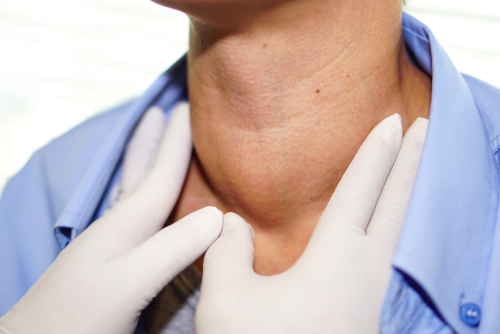

















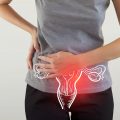

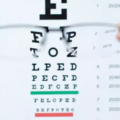


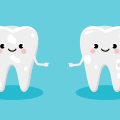
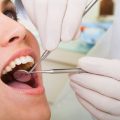
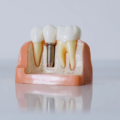



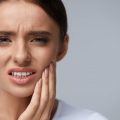
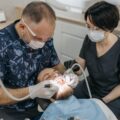
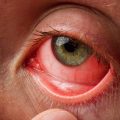
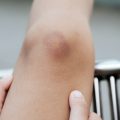






No Comments